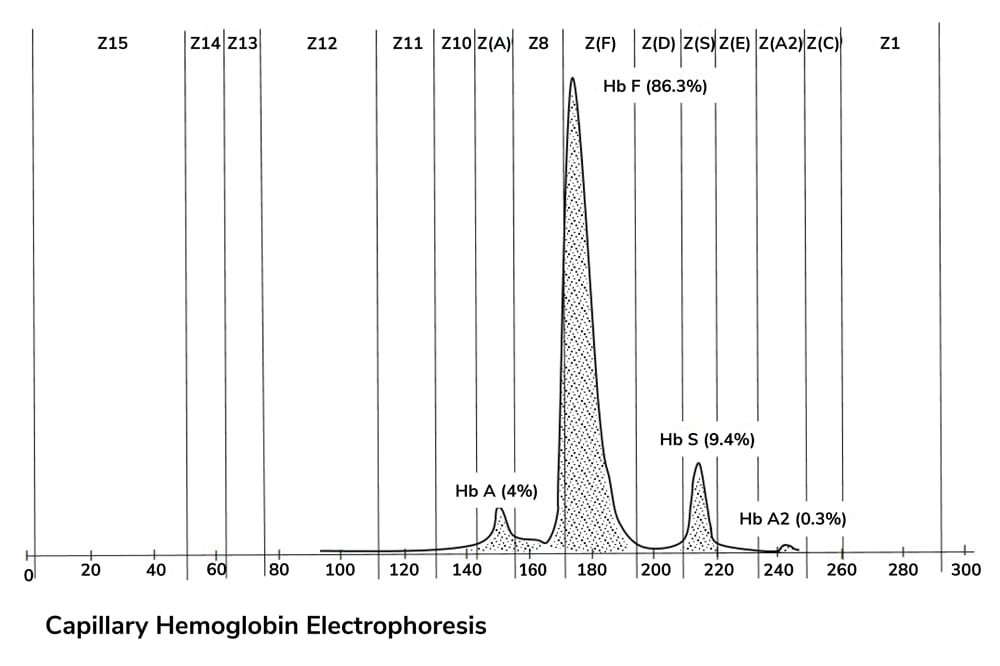A test for detecting low levels of disease-specific proteins in blood, presented at the AD/PD 2024 conference, could be a crucial indicator of Alzheimer’s disease . Study results suggest that the APEX test accurately measures relevant levels of amyloid beta (Aβ) in blood, aligning with amyloid deposition measured in the brain by positron emission tomography (PET) scans.

Credit: Sunbird Bio
John McDonough, Executive Chairman and CEO of Sunbird Bio, comments, “Whilst PET brain imaging is the gold standard to detect brain amyloid deposition with spatial resolution, it can be subject to high costs and limited availability. Cerebrospinal fluid-based testing can also be used, but it is invasive and often painful for patients. Thus, a simple, affordable, and accurate blood-based molecular Alzheimer’s disease test could be game changing.”
In the study, researchers prospectively collected blood samples from 32 patients with confirmed PET scans (14 Aβ− and 18 Aβ+ samples). The APEX platform was used to measure extracellular vesicle (EV)-associated Aβ biomarkers, and demonstrated effective discrimination between Aβ+ and Aβ− PET status. Additionally, data demonstrated that EV-associated Aβ in blood is highly correlative with Aβ build-up in the brain – a crucial indicator of Alzheimer’s disease.

Credit: Sunbird Bio
The new study adds to the team’s earlier findings – published in Nature (1) – that demonstrated that EVs from the brain carry sticky proteins and other biomarkers through the blood-brain barrier and reflect the state of protein aggregation in the brain. The latest results demonstrate the ability of the APEX technology to directly detect these specific pathogenic proteins deposited in the brain through a simple venous blood draw.
“Across the globe, the rate of undetected dementia is as high as 60%, and Alzheimer’s disease is typically detected at mild-to-moderate stage with current diagnostics,” adds McDonough. “The expanding set of APEX data support the test’s potential to offer best-in-class diagnostic performance and improve outcomes for patients with multiple neurological disorders.”
Notably, the APEX platform can be adapted to potentially detect a wide range of nanoscale molecular targets.

Credit: Sunbird Bio
References
- Carine Z J Lim et al, “Subtyping of circulating exosome-bound amyloid β reflects brain plaque deposition”, Nat Commun, 10, 1144 (2019). PMID: 30850633




